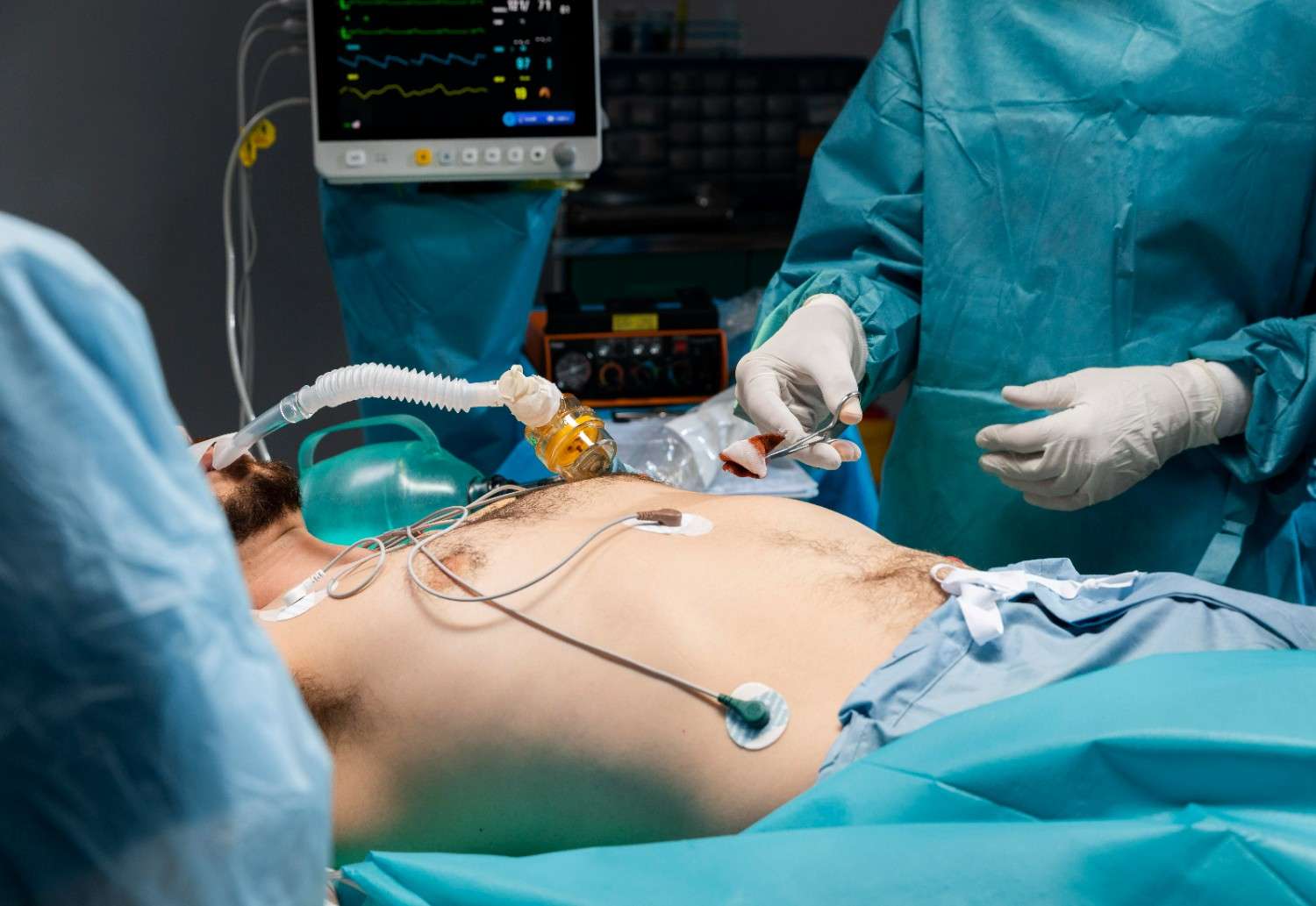

If you're seeking trusted kidney failure treatment in Goregaon, Mumbai, this article will guide you through available treatment options and provide insights into managing kidney failure, including alternatives to dialysis.
Kidney failure, also known as end-stage renal disease, is the final stage of chronic kidney disease. At this point, your kidneys have lost about 85–90% of their function and can’t filter waste and excess fluid the way they should. This leads to a buildup of toxins in the body, making you feel weak, bloated, and sick.
Chronic kidney disease affects millions worldwide, and many don’t even realize they have it until it's progressed. In fact, early detection and lifestyle changes can slow down kidney damage—but what happens when you reach the final stage?
Dialysis does the job of your kidneys by removing waste and excess fluid from your blood. But not everyone is comfortable with the long sessions or the life adjustments it requires. If you or your loved one is exploring options beyond dialysis, know that you’re not alone—and you do have choices.
A kidney transplant is often seen as the most effective alternative to dialysis. It involves surgically placing a healthy kidney from a donor into your body. While it’s not a cure, it can significantly improve your quality of life and may even help you return to your normal routine.
Keep in mind, the waiting period for a donor kidney can be long—sometimes several years—and you'll need to take medication for life to prevent rejection.
This is a non-dialysis approach where the focus is on managing symptoms, slowing disease progression, and improving overall comfort. Also called conservative management, this method works well for people who:
Food plays a huge role in kidney health. A tailored diet can reduce the burden on your kidneys and manage symptoms more effectively. Here's what you may need to limit:
Working with a kidney dietitian is key to finding a meal plan that fits your needs.
While no medicine can reverse kidney failure, there are many that help with symptoms and complications:
There’s hope on the horizon. New medications, such as SGLT2 inhibitors, have been shown to slow the progression of chronic kidney disease—even in patients without diabetes. Clinical trials are also underway for therapies that could one day replace or reduce the need for dialysis altogether.
Research is moving fast, and staying informed helps you make better decisions about your care.
Kidney failure can feel overwhelming, but it’s important to know that dialysis isn’t your only option. In India, alternative treatments approaches like kidney transplant and medical management are helping many patients lead better, more comfortable lives. These treatment options focus on preserving kidney function, easing symptoms, and improving quality of life.
Under the expert care of Dr. Rashmi Algeri, a trusted nephrologist in Goregaon, Mumbai, patients receive personalized kidney failure treatment plans tailored to their unique health needs. Whether you're exploring transplant, conservative care, or symptom management, Dr. Rashmi Algeri offers the guidance and support needed to manage kidney failure beyond dialysis.
Dr. Rashmi is one of the best doctors I have ever met. She listens to your concerns attentively and responds promptly......readmore

I’d like to express my sincere appreciation for Dr. Rashmi, who played an integral role in my nephrology care during one of the most......readmore

Dr Rashmi is an amazing doctor. She explains everything very clearly. She has a very positive and confident approach......readmore

I will certainly recommend Dr Rashmi to anyone looking for a nephrologist. Have been under her care for the last 4 years......readmore

Dr. Rashmi is a very Good & Efficient Doctor. After my Doctor Dr. Jatin Kothari she is the only Doctor I completely......readmore
